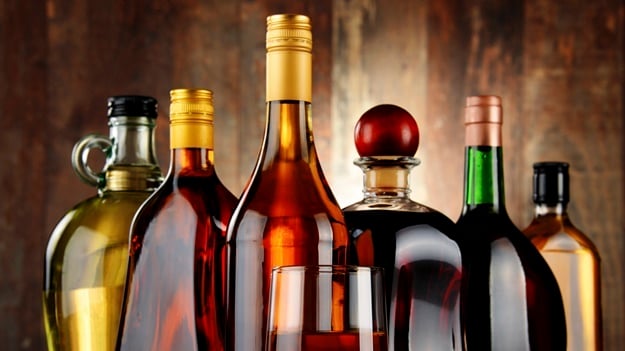 Less than 24 hours after President Cyril Ramaphosa declared the Covid-19 coronavirus a national state of disaster, the non-profit organisation Gift of the Givers officially launched a fundraising campaign to assist South African medical professionals and hospitals in their efforts to respond to the expected rise in Covid-19 cases.
Less than 24 hours after President Cyril Ramaphosa declared the Covid-19 coronavirus a national state of disaster, the non-profit organisation Gift of the Givers officially launched a fundraising campaign to assist South African medical professionals and hospitals in their efforts to respond to the expected rise in Covid-19 cases.
In order to ensure that the medical supplies and equipment purchased with the funds go to the areas that need it most, the campaign will make use of the Vula mobile app.
Vula, which was launched in 2014, is a referral app that connects primary healthcare workers across South Africa with various specialists.
According to its website, the app allows healthcare workers to contact specialists directly, ensuring a faster and more accurate referral for patients and expert advice on how to treat them.
“Vula has a growing network of over 11 000 (healthcare workers) …so we can help identify areas in need,” says Dr William Mapham, the man behind Vula.
Getting equipment and supplies to where it is needed
Almost 24 hours after its launch, the Gift of the Givers campaign had already raised just over R41 000.
According to a press release from Backabuddy (the fund-raising platform being used), the funds will be used to assist healthcare workers in buying essential equipment and supplies when needed.
“The aim of the campaign is to support high risk medical professionals on the frontline dealing with infected patients…through protective equipment, ventilators and other essential supplies in the quest to preserve life,” says Dr Imtiaz Sooliman, founder of Gift of the Givers.
Sooliman says that “right now there is no emergency but preparing in advance to support overburdened government health facilities is a reasonable approach in the interests of all South Africans”.
A chance meeting
Vula’s involvement in the campaign happened almost by chance.
Mapham told Spotlight that it all started in a local shop a few days ago when he ran into Patrick Schofield, the CEO of Backabuddy.
Their conversation inevitably turned to Covid-19.
“(During a) fortuitous meeting in a shop, Patrick told me that Gift of the Givers was raising money to help health professionals (deal with Covid-19 cases),” Mapham explains.
Realising that Vula’s network could help direct resources to where they are needed most, Mapham and his team joined the campaign.
“We will keep communicating with the health workers on Vula to identify where help is needed,” says Mapham.
More closely in line with its original purpose, Vula’s users will also be able to use the app to contact specialists for assistance with any potential Covid-19 cases.
According to Mapham, the Vula app will be used by health professionals to connect to specialist advice at the National Institute of Communicable Diseases (NICD).
Vula’s original purpose
When asked what exactly the Vula app is, Mapham responds that “it’s a very niche product, designed to solve a very particular problem.”
It was designed to help ease the difficulties that primary health care providers working in rural areas face when referring their patients to specialists.
Patients from rural areas often have to travel far or wait a long time to see a specialist.
The app helps ensure that patients only travel when it is really necessary and when a specialist will be available to see them in a reasonable amount of time.
It also facilitates specialists sharing their expertise with other healthcare workers.
Elizma Anthonissen is an Ophthalmic Nurse Specialist at Vredendal Hospital’s Eye Care Centre in the Western Cape.
She does not mince her words about the harm that can result from long waiting lists and poor referral systems.
“A lot of people went blind due to extended waiting times to get an appointment (with a specialist),” she says.
Anthonissen started using Vula in 2014 when she was already working at Vredendal Hospital as a Clinical Nurse Practitioner.
“Vredendal is in a rural setting about 300km from Cape Town.
All the small “dorpies” in the Matzikama area (the area Vredendal is located in) have Primary Health Care Facilities, but there is only one hospital situated in Vredendal,” says Anthonissen.

 Less than 24 hours after President Cyril Ramaphosa declared the Covid-19 coronavirus a national state of disaster, the non-profit organisation Gift of the Givers officially launched a fundraising campaign to assist South African medical professionals and hospitals in their efforts to respond to the expected rise in Covid-19 cases.
Less than 24 hours after President Cyril Ramaphosa declared the Covid-19 coronavirus a national state of disaster, the non-profit organisation Gift of the Givers officially launched a fundraising campaign to assist South African medical professionals and hospitals in their efforts to respond to the expected rise in Covid-19 cases.
